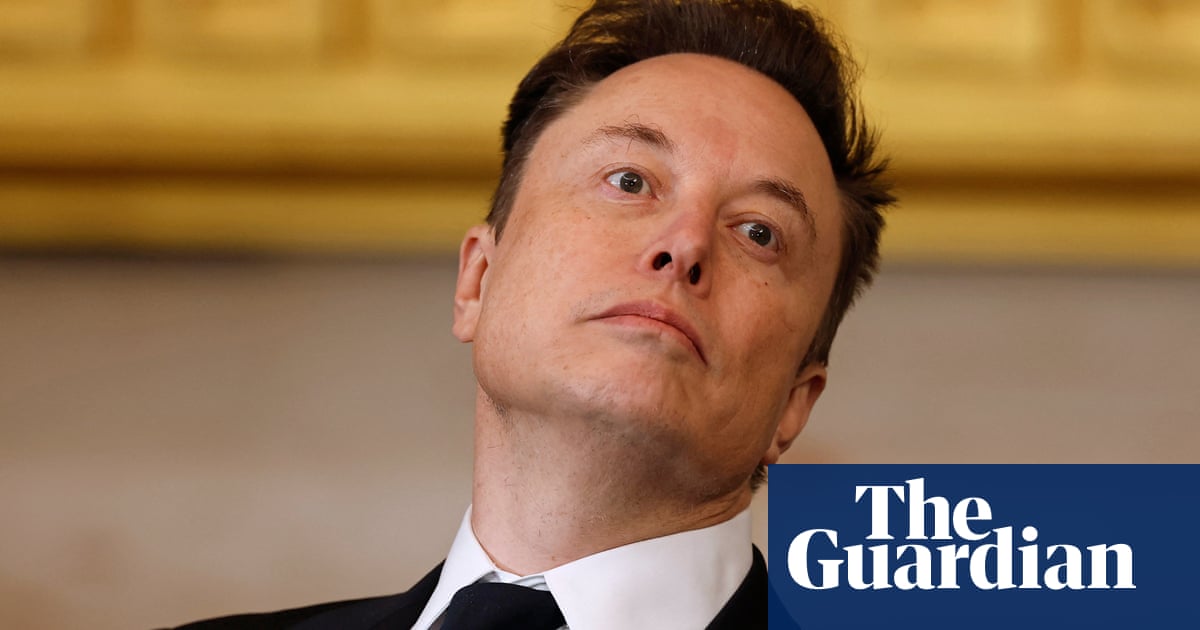Elon Musk, along with seven members of Doge, his self-proclaimed "department of government efficiency," recently appeared for an exclusive interview on Fox News. The interview aimed to address concerns and backlash surrounding their controversial efforts to revamp key government agencies. Musk defended the initiative amidst criticism, particularly regarding cuts targeting agencies like the Social Security Administration.
During the hour-long interview with host Bret Baier, Musk emphasized that only a small percentage of federal employees had been affected by the planned layoffs or buyouts. Despite legal challenges resulting in the reinstatement of thousands of workers, Doge has swiftly gained power within federal agencies since its inception. Initiatives led by Musk have led to the dismantling of major organizations like USAID and the dismissal of numerous government employees.
Doge members leveraged the interview to portray their actions as essential for government survival and beneficial to the American public. Musk assured viewers that improvements, such as higher benefits for social security recipients and a more stable online platform, were on the horizon. Furthermore, individuals within Doge highlighted their tech industry background, aiming to infuse innovative practices into governmental operations.
The interview coincided with planned nationwide protests at Tesla showrooms and a wave of lawsuits alleging misconduct and breaches of privacy by Musk and his team. Amid legal challenges and judicial rulings, Musk has called for significant judicial reforms and congressional actions. The youth and lack of government experience among Doge members have also attracted scrutiny, with reports of questionable behavior and lack of transparency within federal agencies.
Several Doge staffers have faced scandals, raising doubts about their fitness to handle sensitive government systems. Despite controversies, Musk has stood by certain team members like Marko Elez, reinstating them within the administration following public backlash. Doge's recruitment also includes executives from Musk's other businesses, underscoring the extensive reach of his government initiatives.
Public opinion on Doge remains divided, with polling indicating disapproval of Musk's strategies and the initiative itself. Musk's personal favorability ratings mirror these sentiments, showing a general negative perception among Americans. While boasting about cost-cutting efforts and upcoming expansions, Doge has faced criticism for lacking transparency and accuracy in reporting its savings.
In a separate interview within the segment, Musk made controversial remarks about Senator Mark Kelly, labeling him a "traitor" for his actions in Ukraine. The heated exchange added to the ongoing debate surrounding Musk's interactions with political figures and his outspoken nature.
Overall, Musk's foray into governmental efficiency through Doge has stirred significant controversy and raised questions about the influence of tech executives in public office. Despite defending his actions and policies, Musk and his team face ongoing challenges in managing public perception and legal scrutiny. The future of Doge and its impact on federal operations remain subjects of intense debate and evaluation.
As the initiative unfolds and attracts further attention, public discourse regarding the role of private-sector figures in governance and the boundaries of government restructuring will continue to shape the narrative around Doge and Elon Musk's unconventional approach to public service.

